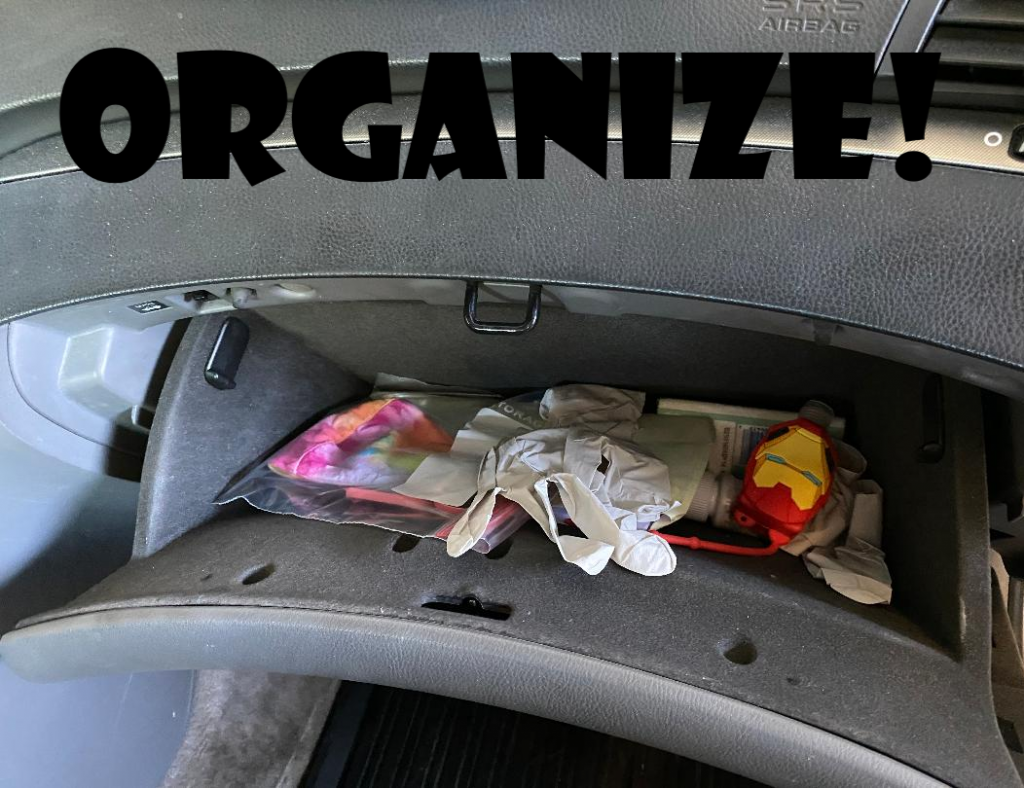The emergency manager of the Detroit schools will resign this month amid growing concerns over his job performance and the direction of the troubled school district.
Darnell Earley plans to leave the job Feb. 29 after a little more than a year at the helm. Republican Gov. Rick Snyder plans to appoint a transition leader before the end of the month.
“Darnell has done a very good job under some very difficult circumstances. I want to thank him for his professionalism and his service to the people of Michigan,” Snyder said in a statement.
I won’t attempt to assess Earley’s tenure. The unlucky guy was an emergency leader in Flint, Michigan, too, and he may have a few substantial errors in judgement to answer for.* Earley stood at the top of the local pyramid when Flint switched to river water. The calls for his head can be heard in blogs and living rooms across America.
I am going to offer Darnell Earley a small breath of compassion, though, one of the few he is likely to see in the near future. The first thought wafting through my brain as I read this latest story: “Talk about throwing yourself on your sword.” Anybody who takes Earley’s job might as well be trying to commit suicide by cop or cancer. The results should be about as much fun. Detroit schools are a no-win scenario for any entity except maybe the federal government, and I’m not sure that all the resources of the U.S. could fix this mess.
In defense of Darnell Earley, you can’t find money to fix problems if that money does not exist. Detroit is broke. Detroit has also made all sorts of commitments that I am sure the government would like to honor, pension promises among them. Michigan itself has swathes of blighted areas across once-prosperous, formerly-industrial areas.
I am sure Darnell would fix those buildings if he could. I am sure he would try to bring in the best teachers possible for Detroit’s kids. Readers, put yourself in this man’s shoes. What would you do for the children of Detroit if you were able to help them? I’d bet a month’s mortgage payment that Darnell wants what you want for those kids.
To use the title I created for a recent post about Chicago, though: With what for money? I recently read an article by a young man who owes $200,000 in student loans. Toward the end of the article he talked about how he was sure that colleges could make life easier for students like him. He was sure they had money somewhere, he said.
If I could share a beer with that young man, I’d gently point out that he’s wrong. His college may not have extra money, or they may perceive a need to keep their endowment intact as protection against future financial hardships. Detroit may not have extra money to spend. Chicago and the state of Illinois may be about tapped out. Illinois state taxpayers bear the burden of more than $200 billion in unfunded government retirement costs, among many other expensive commitments.
Yes, we can raise taxes. Those increased taxes carry consequences, however. That money we take from taxpayers becomes funds they can no longer use to find grandma a better convalescent facility, funds they cannot have for their own children’s education. Even a small increase in taxes may eliminate fun family vacations while decreasing retirement contributions. The money we want to fix our problems comes from America’s workers. It comes from you and me, from people who, instead of taking $30,000 home at year’s end, may take home $26,000 instead. We are naïve if we believe somehow that money could be taken painlessly from businesses who have surplus cash laying around somewhere. If those businesses existed in Detroit, the government would have grabbed that mythical money in a heartbeat.
Darnell Earley never had a chance. He had to cut services because Detroit did not have the money to pay for those services. He had to reduce the size of Detroit schools’ central office. As the title for this post says, don’t take Darnell’s job. Darnell had been hired as a hatchet man for Michigan during a time when Michigan is making brutal cuts.
I believe no one, no how, nowhere can succeed at the job that Darnell Earley is leaving, not if success involves any measure of public approval.
Eduhonesty: I know some readers are probably disagreeing with me right now, asserting that the money for necessary repairs exists, asserting that government leaders are refusing to go after that money because they are in big business’s pockets. It’s a convenient thought because, if true, we might be able to use the current system to fix our shortcomings.
But what if the money genuinely does not exist? We have to face that possibility.
Our current school-funding mechanisms may be broken.
*”Committee Wants US Marshals To ‘Hunt Down’ Darnell Earley, Force Testimony In Flint Water Crisis,” is the title of an article today for CBSDetroit. According to the article, refusal to testify could result in jail time.





